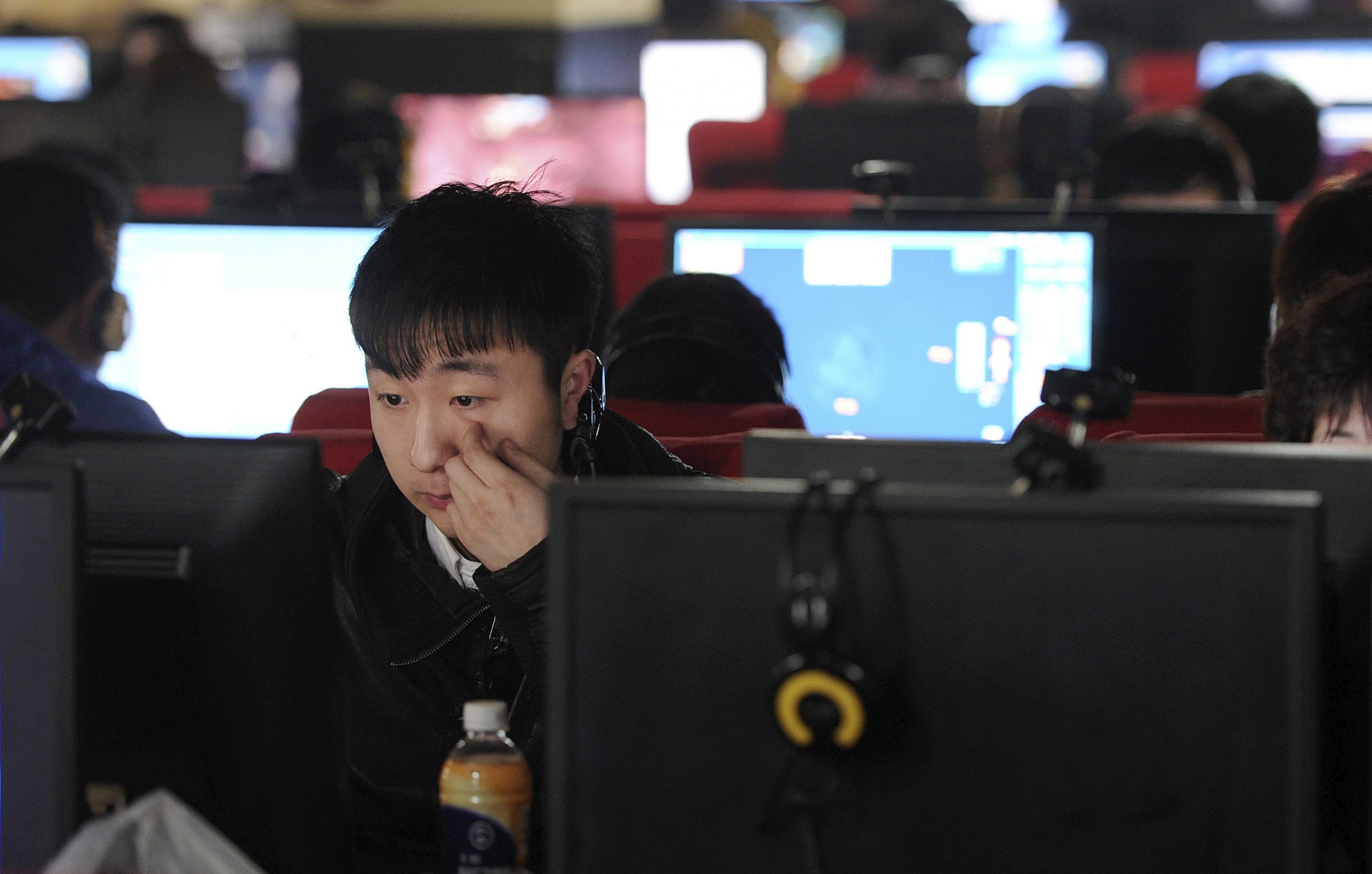
A new survey of Internet users in 24 countries finds that 83 percent believe affordable access to the Internet should be a basic human right.
The CIGI-Ipsos Global Survey on Internet Security and Trust, published today by the Centre for International Governance Innovation and conducted by global research company Ipsos, reveals that two-thirds of Internet users are more concerned today about online privacy than they were compared with a year ago (64 percent).
Internet users are above all concerned above about criminal hacking into their personal bank accounts (78 percent), followed by stolen personal information, such as private messages and photos, through hacking (77 percent), then the monitoring of Internet users' activities by private companies that sell the information for commercial purposes without explicit consent (74 percent).
"Fears about human security have moved from the physical world to now include the virtual world," says Fen Hampson, director of CIGI's Global Security & Politics Program. "There is a gaping trust deficit in the Internet as people around the globe increasingly worry that their online identities and communications will be compromised or stolen by those who operate in the dark recesses of the Internet. Unless trust is restored in the Internet through creative governance innovations, its real potential to promote human development and global prosperity will be severely compromised."
A majority of Internet users are also worried that governments and institutions may be cyber-attacked by a foreign government or terrorist organization. Two-thirds of Internet users are concerned about governments censoring the Internet and about government agencies from other countries secretly monitoring their online activities.
"One-third of the world's population is online, but two-thirds of the world's population is not," says Hampson. "Unless they are brought online, a world of Internet 'have and have-nots' will not only contribute to income inequality but also stifle the world's full potential for prosperity and innovation."
The Internet has come to be thought of as essential to freedom of expression, freedom of association, social communication, the generation of new knowledge and economic opportunity and growth, Hampson says.
But Internet users are wary about governments becoming involved in the regulation and governance of the Web. Only 48 percent of users believe their government does a very good job of making sure the Internet in their country is safe and secure, which underlines the wariness about the role of governments in Internet governance. They prefer the broadest form of representation through a multi-stakeholder model that represents the interests and will of ordinary citizens as well as governments. A majority (57 percent) chose a multi-stakeholder model "of technology companies, engineers, nongovernmental organizations and institutions that represent the interests and will of ordinary citizens, and governments."
The CIGI-Ipsos Global Survey on Internet Security and Trust will be presented on November 25 to the Global Commission on Internet Governance, which is meeting from November 24 to 25 in Ottawa, Canada, "to articulate and advance a strategic vision for the future of Internet governance."
The survey of 23,326 users was carried out between October 7 and November 12, 2014, in Australia, Brazil, Canada, China, Egypt, France, Germany, Great Britain, Hong Kong, India, Indonesia, Italy, Japan, Kenya, Mexico, Nigeria, Pakistan, Poland, South Africa, South Korea, Sweden, Tunisia, Turkey and the United States.
IN BRIEF: WHAT INTERNET USERS THINK
On access:
- 83 percent believe affordable access to the Internet should be a basic human right.
- 81 percent say the Internet is important for their own economic future and livelihood.
On privacy and monitoring:
- 64 percent are more concerned about their online privacy compared with one year ago.
- Only 36 percent believe private information on the Internet is very secure.
- 74 percent are concerned about private companies monitoring online activities and selling that information for commercial purposes without explicit consent.
- 62 percent are concerned about government agencies from other countries secretly monitoring their online activity.
- 61 percent are concerned about their government's agencies secretly monitoring their online activity
On cyber-attacks and censorship:
- 72 percent are concerned about important institutions in their country being cyber-attacked by a foreign government or terrorist organization.
- 78 percent are concerned about a criminal hacking into their personal bank accounts.
- 77 percent are concerned about someone hacking into their online accounts and stealing personal information like photos and private messages.
- 64 percent are concerned about governments censoring the Internet.
On governance:
- 57 percent would trust a combined body of technology companies, engineers, nongovernmental organizations and institutions that represents the interests and will of ordinary citizens and governments to play an important role in running the Internet.
- 47 percent would trust their own government to play an important role in running the Internet.
Additional data collected as part of the CIGI-Ipsos Global Survey on Internet Security and Trust can be found at www.cigionline.org/internet-security.
Uncommon Knowledge
Newsweek is committed to challenging conventional wisdom and finding connections in the search for common ground.
Newsweek is committed to challenging conventional wisdom and finding connections in the search for common ground.
About the writer
Nicholas Wapshott has worked as a writing and editing journalist at the top levels on both sides of the Atlantic. ... Read more
To read how Newsweek uses AI as a newsroom tool, Click here.








